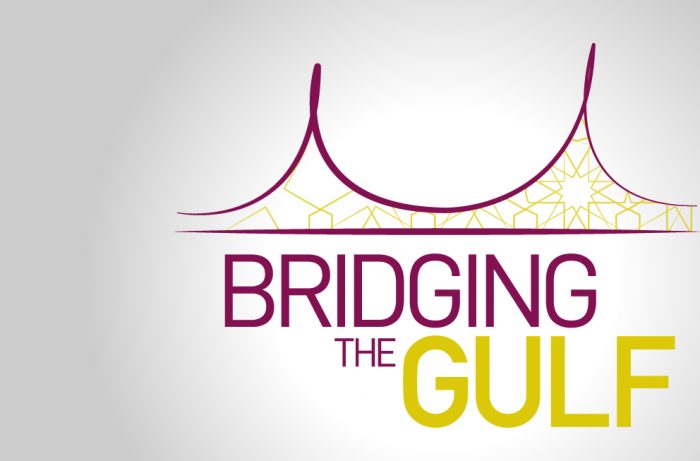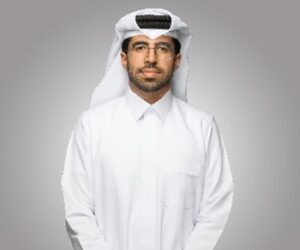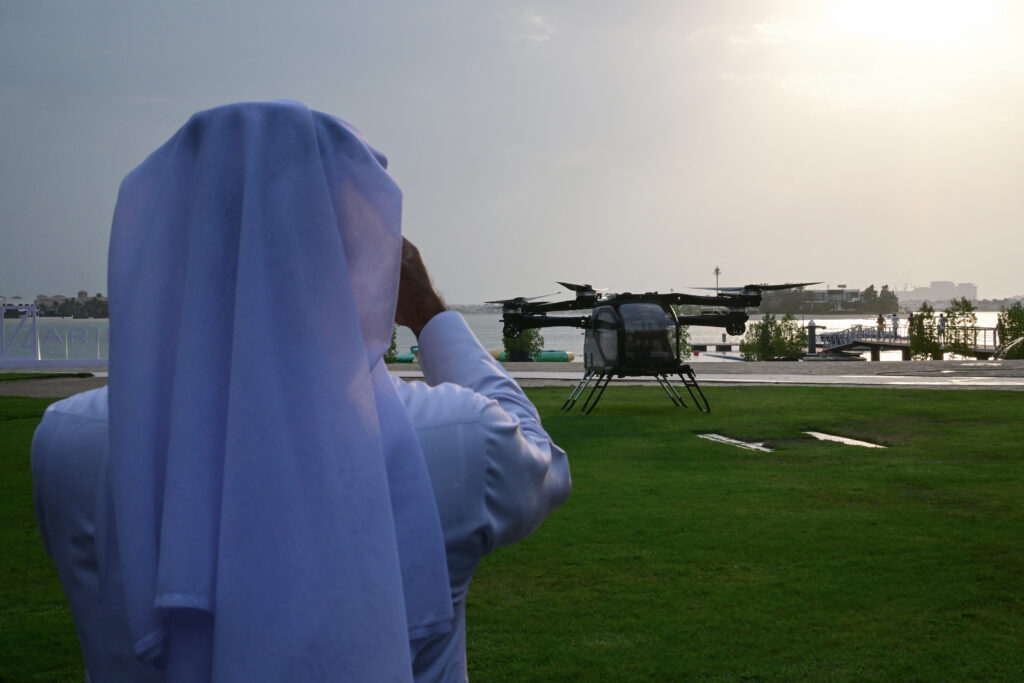
- 16 May 2023
Session 17: Communicating Credibility and Certainty in Qatar’s Foreign Policy
Qatar’s newly-appointed Prime Minister, Sheikh Mohammed bin Abdulrahman Al-Thani, who is also the country’s foreign minister, recently reaffirmed the importance of soft diplomacy in an interview, adding that it “contributes greatly” to Doha’s “position as a major and important player in the region and the world”. Qatar’s quest to cement its place in the international arena was also boosted by its success as host of the World Cup. Despite this, however, Qatar has not escaped criticism over human rights, or prevent the various diplomatic crises it faced in the 2010s. Nevertheless, the country has sought to establish itself as both a mediator and a humanitarian channel in crises.
How does Doha earn sufficient credibility to tip countries over to its side? In an era fraught with fake news and disinformation campaigns, how does Qatar communicate its foreign policy effectively, while repulsing criticism? Will the gleaming facilities built for the World Cup end up as white elephants now that the tournament is over? What is “Qatar’s brand”?
The Middle East Institute welcomed Mr. Ibrahim Al-Hashmi, the Director of Media and Communication at Qatar’s Ministry of Foreign Affairs, for its first in-person session for the Bridging the Gulf series.
Speaker: Mr Ibrahim Al-Hashmi, Director of Media & Communication Department, Ministry of Foreign Affairs, the State of Qatar
Mr. Ibrahim Al-Hashmi is the Director of Media and Communication Department at the Ministry of Foreign Affairs (MoFA), the State of Qatar. Since joining MoFA, Mr. Al-Hashmi served in the Office of the Assistant Minister of Foreign Affairs in the fields of Communication, Public Diplomacy, and Special Projects. He is a member of the Doha Forum team, the annual most prominent platform for dialogue in the region. He also served in the permanent delegation of the State of Qatar in Geneva during the 47th and 48th sessions of the United Nations Human Rights Council.
Mr. Ibrahim Al-Hashmi served as the Secretary of the Media Committee of the Supreme Committee for Crisis Management during the first wave of the pandemic, which worked effectively with the state authorities to develop and to follow up with the media plans related to the COVID Pandemic. The media committee also organized the press conferences of the Supreme Committee for Crisis Management.
Listen to the podcast here:
Watch the talk here:
Key Takeaways:
Qatar has made significant progress in its quest to become a key regional and global player, such as its hosting of the 2022 World Cup, yet the country’s efforts to strengthen its soft power have not been entirely smooth-sailing. MEI’s Bridging the Gulf session with Mr. Ibrahim Al-Hashmi, Director of Media and Communication at Qatar’s Ministry of Foreign Affairs, helped shed light on some of these issues and how Qatar has responded to them. Below are five key takeaways on Qatar’s future in the diplomatic arena, along with how it seeks to tackle global challenges.
1. Despite facing some supposedly undue criticism during its hosting of the 2022 World Cup, Qatar maintains a forward-looking approach in using its experience to develop and flourish as a country
Mr Al-Hashmi stated that much of the criticism on Qatar’s purported human rights violations came from biassed Western media based on racism and Islamophobia. However, the infrastructure created for the World Cup also provides Qatar with future opportunities for economic growth, such as donating stadiums to other countries or letting them be used by local communities.
2. Doha’s continued efforts to strengthen its soft power as a small state
He highlighted the importance of soft power to Qatar as a non-major power without a sizable military, putting forth the example of cultural diplomacy and Qatar’s initiatives to share its culture with the world. He also emphasised that small and middle powers play an important role in maintaining communication, cooperation, and peace in the world.
3. Qatar’s foreign policy is one that remains open to peaceful cooperation, but maintains a firm stance on certain issues
Qatar’s stance in international affairs is one of conflict resolution through diplomatic engagement. However, this receptiveness to dialogue is not wholly unconditional. For example, normalisation of relations with Israel, according to Mr Al-Hashmi, is dependent on the latter’s formal recognition of a Palestinian state and respect for its sovereignty.
4. Qatar has taken action to address global problems, further highlighting its future-oriented outlook and innovation
As it positions itself to be a prominent player on the global stage, Qatar has developed solutions to anticipated future crises. Examples include upscaling domestic production and diversifying supply chains to ensure food security, and investing in carbon capture technologies to mitigate the effects of climate change.
5. Cybersecurity and credibility are national priorities
Mr Al-Hashmi underscored that cybersecurity is fundamentally important to Qatar’s future, and listed maintaining harmonious ties with its neighbours and the Gulf Cooperation Council (GCC) countries as one potential means of protecting against cyberattacks. Additionally, to counter misinformation during early stages of the Covid-19 pandemic, Qatar held daily press conferences and maintained active social media messaging to provide the public with reliable information.



